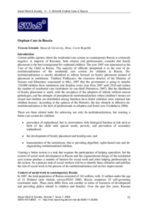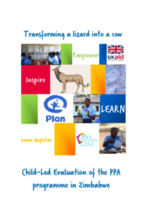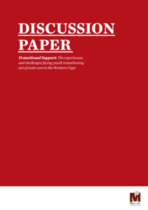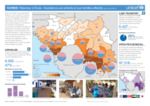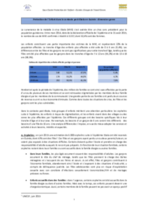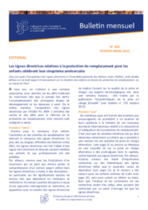Orphan Care in Russia
Current public opinion about the residential care system in contemporary Russia is extremely negative. A majority of Russians, both citizens and professionals, consider that family placement is the best arrangement for orphaned children.

